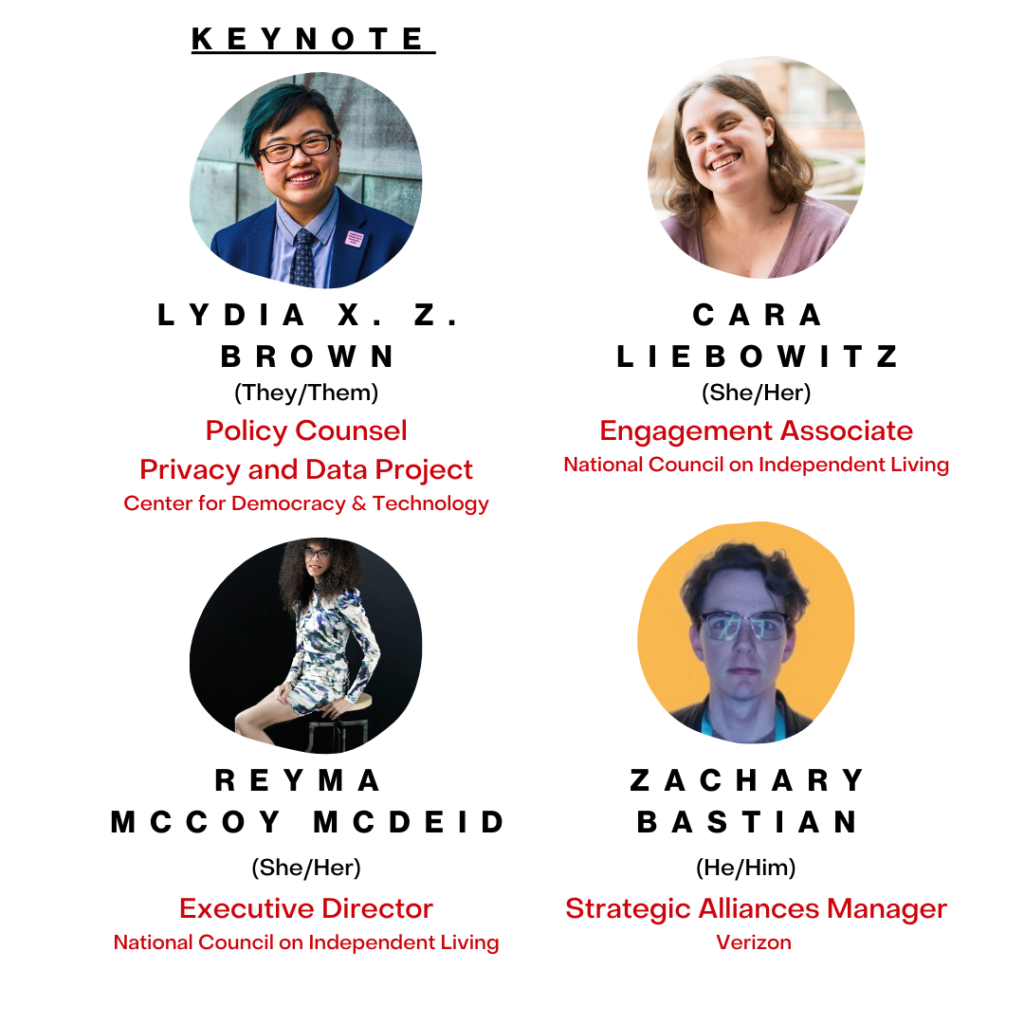May 16-18, 2022
Holiday Inn Bayside
“Pandemic to Possibilities: SILC Solutions”
Early Bird (December 15, 2021-February 14, 2022)
- Member-$350
- Non-member-$450
Regular (February 15, 2022-March 30, 2022)
- Member $400
- Non-member-$500
Late (April 1-2022-April 25, 2022)
- Member $450
- Non-member-$550
Meal Ticket for Spouse / PCA
- Member-$200
- Non-member-$200
Registration Link will open on December 15th, 2021 at nasilc.org!
The first 25 to register with payment during the early bird will receive 6 free tickets (6 for $5) for the 50/50 raffle.
Room Rate will be $155 through April 15th, 2022.
- State Baskets!
- 50/50 Raffle!
- Informative General Sessions!
- State Sharing!




